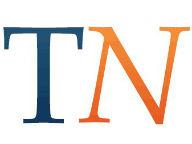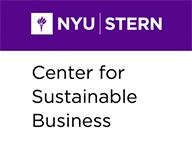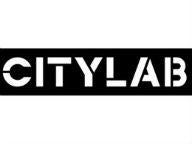Faculty News
—
Professor Robert Seamans explains how secondary ticket markets benefit consumers
—

Excerpt from Ticket News -- "...Professor Seamans points out that 'making resale more difficult for the public can net a negative effect because the market will always do better when search is more accessible'. No matter the prices, a search engine inquiry that returns only one website off of which a consumer can actually purchase what they’re looking for is not good business for the consumer, the venue, the artist or team and their promoter, or really anyone else involved. In short, he states that 'in general, consumers are better off when the secondary market is active'."
Faculty News
—

Excerpt from Ticket News -- "...Professor Seamans points out that 'making resale more difficult for the public can net a negative effect because the market will always do better when search is more accessible'. No matter the prices, a search engine inquiry that returns only one website off of which a consumer can actually purchase what they’re looking for is not good business for the consumer, the venue, the artist or team and their promoter, or really anyone else involved. In short, he states that 'in general, consumers are better off when the secondary market is active'."























